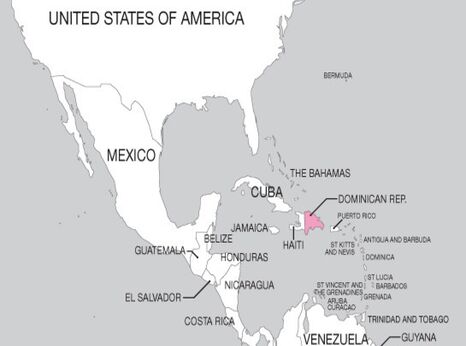Critical chance to decriminalize abortion

A comprehensive reform of the Criminal Code in the Dominican Republic has been ongoing for several years. Under the Criminal Code currently in force, women seeking abortion services and those who provide those services face criminal sanctions regardless of the circumstances in which the abortion was sought or provided. In 2010 a new Constitution entered into force stating the inviolability of the right to life “from conception to death” in its article 37.
A revised Criminal Code was approved by the Chamber of Deputies in 2014 that integrated the decriminalization of abortion in the three circumstances: where the pregnancy poses a risk to the life of a pregnant woman or girl, where the fetus could not survive outside the womb, and where the pregnancy is the result of rape or incest. However, in December 2015 the Constitutional Court struck down the proposed reforms through Judgement 599-15 leaving the old Criminal Code in force, which dates back to 1884. In July 2017, Congress rejected a new proposed reform of the Criminal Code that failed to decriminalize abortion in the three limited circumstances. Current president Luis Abinader expressed support for the decriminalization of abortion in the 3 circumstances described and a growing number of Congresspeople are expressing their support as well.
Evidence shows that total bans on abortion do not reduce the number of abortions but instead increase the risk of women dying due to illegal, unsafe abortions. The World Health Organization has warned that restrictive abortion laws put women and girls living in poverty, and those living in rural and more isolated areas at particular risk of unsafe abortions. Criminalization of abortion in all circumstances deters women from seeking medical care and creates a ‘chilling effect’ on doctors who are fearful of providing life-saving treatment to women whose life or health are at risk by pregnancy, or who suffer complications from an unsafe abortion.
In the Dominican Republic, women and girls continue to die for preventable reasons due to the current total ban on abortion. This was the case for Rosaura Almonte, known by the media as “Esperancita”, who died in 2012 after not receiving life-saving chemotherapy for leukemia because she was seven weeks pregnant at the time and the treatment she needed would have affected the foetus she was carrying. Doctors delayed treating her because abortion, and those that facilitate abortion, can be criminally punished.